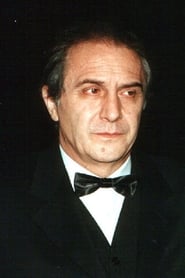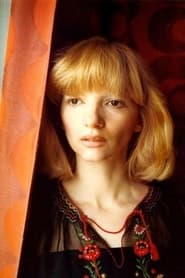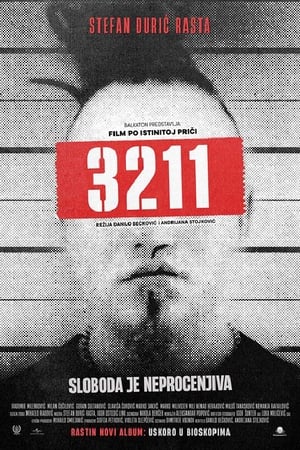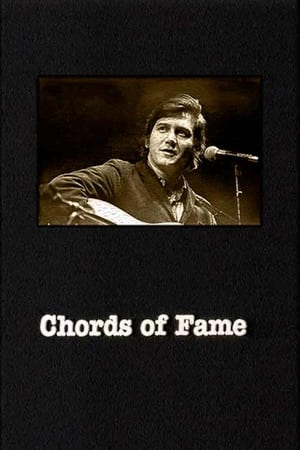

Mica and Stories Around Her(2010)
Milica Ostojic (aka Mica Trofrtaljka or Mica Davorika), a singer from Milicevci near Cacak (Serbia) by singing the song "Davorike, dajke" became a big star of new underground music in the seventies in former Yugoslavia. Forgotten for years, she returned to the scene in the film "Pretty Village, Pretty Flame", saying the historical sentence: "Shut up mate, erotica".
Movie: Mica and Stories Around Her
Top 3 Billed Cast
Herself

Mica i okolne priče
HomePage
Overview
Milica Ostojic (aka Mica Trofrtaljka or Mica Davorika), a singer from Milicevci near Cacak (Serbia) by singing the song "Davorike, dajke" became a big star of new underground music in the seventies in former Yugoslavia. Forgotten for years, she returned to the scene in the film "Pretty Village, Pretty Flame", saying the historical sentence: "Shut up mate, erotica".
Release Date
2010-06-07
Average
0
Rating:
0.0 startsTagline
Genres
Languages:
SrpskiKeywords
Similar Movies
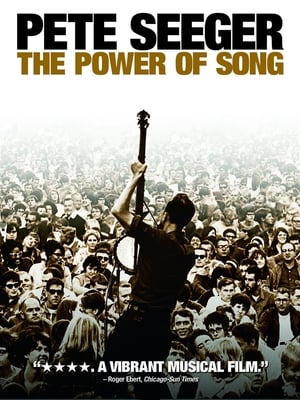 7.0
7.0Pete Seeger: The Power of Song(en)
Interviews, archival footage and home movies are used to illustrate a social history of folk artists Pete Seeger.
 8.0
8.0John Denver: Country Roads Live in England(en)
Fans continue to treasure the songs and performances of John Denver, one of the most popular recording artists of the 20th century. Before his death in 1997, Denver toured the world, landing in Birmingham, England, for the 1986 concert captured here. The sunny country star provides heartfelt renditions of many of his biggest hits, including "Take Me Home, Country Roads" and "Sunshine on My Shoulders."
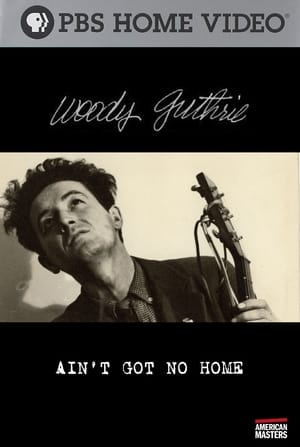 0.0
0.0Woody Guthrie: Ain't Got No Home(en)
Every American who has listened to the radio knows Guthrie's "This Land Is Your Land." The music of the folk singer/songwriter has been recorded by everyone from the Mormon Tabernacle Choir to U2. Originally blowing out of the Dust Bowl in Depression-era America, he blended vernacular, rural music and populism to give voice to millions of downtrodden citizens. Guthrie's music was politically leftist, uniquely patriotic and always inspirational.
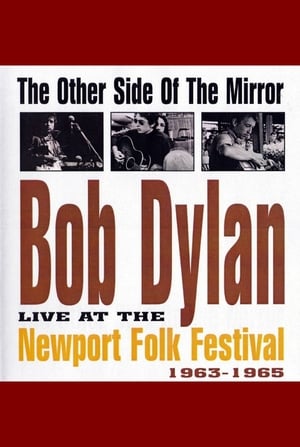 8.2
8.2The Other Side of the Mirror: Bob Dylan: Live at the Newport Folk Festival(en)
An unvarnished chronicle of Bob Dylan's metamorphosis from folk to rock musician via appearances at the Newport Folk Festival between 1963 and 1965.
Belgrade: Life or Death(sr)
The film follows a famous model and stylist Maja Atanasijević in her lonely, but intense struggle to bring back forgotten values of a city.
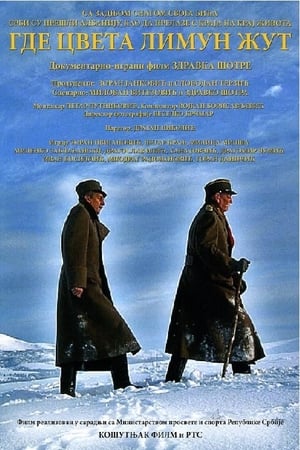 6.0
6.0Where the Yellow Lemon Blooms(sr)
By the end of 1915, during the second half of World War I, which had started by the Austro-Hungarian Empire's attack on a small Kingdom of Serbia, Serbian people, its army, and the state found themselves in the greatest tribulation in its long history. Serbia is attacked by the combined militaries of Austro-Hungarian Empire, Germany, and Bulgaria. Defending every road, every hill, every creek, during the time when every village, every plato, every crossing was becoming a historical landmark, Serbia, relying on the Allies, moved its people, its government, and its remaining troops to Kosovo--the only unoccupied part of the Serbian territory, but soon had to cross Albania in the hopes of reaching the Allies' ships in the Mediteranian.
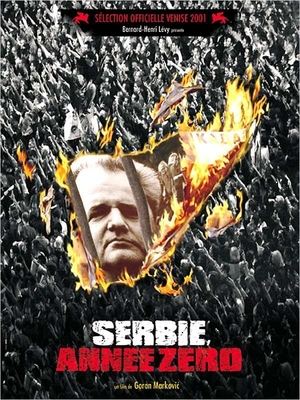 3.5
3.5Serbia, Year Zero(fr)
Documentary that follows events after the fall of Slobodan Milosevic, while looking back on the previous fifteen years, tracing his rise to power. Personal testimony alternates with analysis of a disintegrating society.
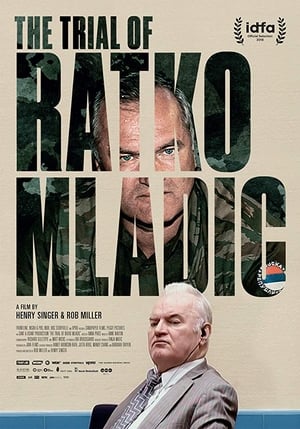 7.2
7.2The Trial of Ratko Mladic(en)
The war crimes trial of Ratko Mladic, accused of masterminding the murder of over 7000 Muslim men and boys in Srebrenica in the 90s Bosnian war, the worst crime in Europe since WW2.
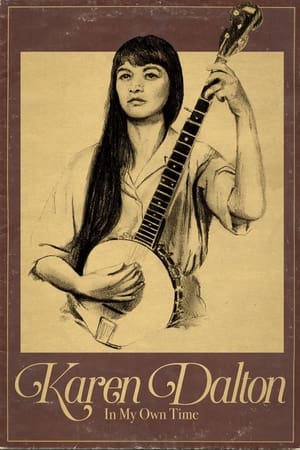 5.8
5.8Karen Dalton: In My Own Time(en)
Blues and folk singer Karen Dalton was a prominent figure in 1960s New York. Idolized by Bob Dylan and Nick Cave, Karen discarded the traditional trappings of success and led an unconventional life until her early death. Since most images of Karen have been lost or destroyed, the film uses Karen's dulcet melodies and interviews with loved ones to build a rich portrait of this singular woman and her hauntingly beautiful voice.
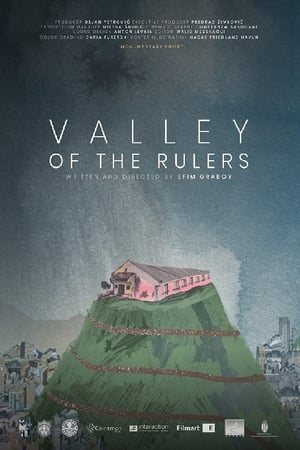 0.0
0.0Valley of the Rulers(he)
A poetic and metaphysical view on a daily life routine in a distant nursing home, on a top of the mountain in Uzice, Serbia – the closest place to heaven. This is the last station on earth for old people that called “clients”. While they’re waiting for the end of their lives, prisoned in a desolate nursing home and their old-dying body, they are fighting for the freedom of their soul, the only place they can feel young and alive. A fight between light and darkness, suffering and acceptance, life and death.
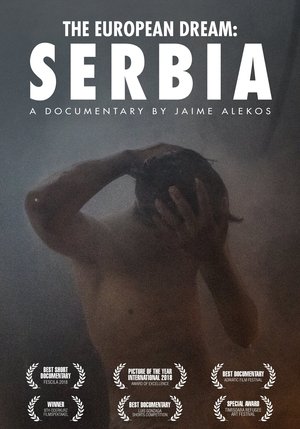 6.0
6.0The European Dream: Serbia(es)
“The European Dream: Serbia” is an investigative documentary by journalist Jaime Alekos about the tortures of Hungarian police to the refugees and migrants they catch trying to cross their border and the harsh living conditions in which they survive in Serbia awaiting an opportunity to enter the EU.
Sonja(sr)
This documentary was inspired by the artistic life of Serbian actress Sonja Savić. Being a wonder child, a star of Yugoslavian cinematography, a sex symbol, and urban legend of the eighties generation, a fighter against establishment, Sonja Savić had always attracted attention. Simply put, she always looked, spoke and thought differently from others, she was entirely autonomous, an authentic phenomenon of Serbian culture. In the documentary SONJA, friends and colleagues of Sonja Savić testify on many aspects of her life and work, and a special emphasis is put on Sonja’s libertarian, rebellious, Don Quixote type of nature.
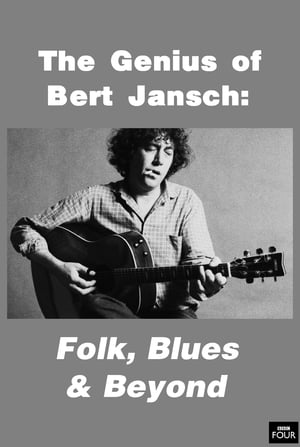 0.0
0.0The Genius of Bert Jansch: Folk, Blues & Beyond(en)
Interviews and rare archive footage weave together performances from a landmark multi-artist concert at the Royal Festival Hall in London, celebrating the songs and artistry of the great folk-blues troubadour Bert Jansch.
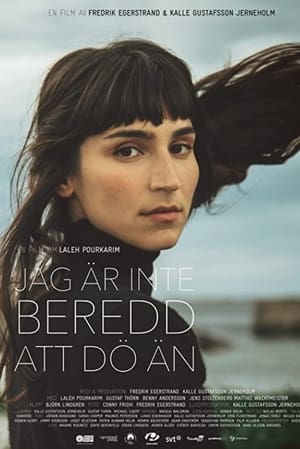 6.2
6.2Jag är inte beredd att dö än(sv)
Jag är inte beredd att dö än (I'm Not Yet Ready to Die) is a documentary that follows Laleh Pourkarim—one of Sweden's most celebrated musicians—over two years time. Laleh takes pains to maintain her privacy in spite of her popularity. This film is a rare opportunity for fans to glimpse her daily life, from her hometown of Hammarkullen to settings abroad.
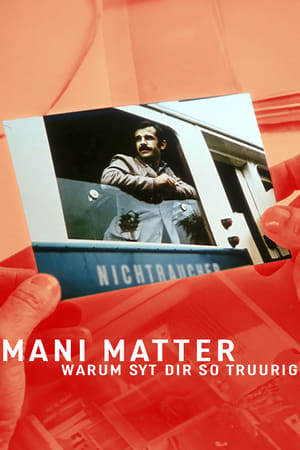 8.2
8.2Mani Matter - Warum syt dir so truurig?(de)
An intimate documentary about the life and times of Swiss poet and folk singer Mani Matter (1936-1972), seen from his friends' perspective.
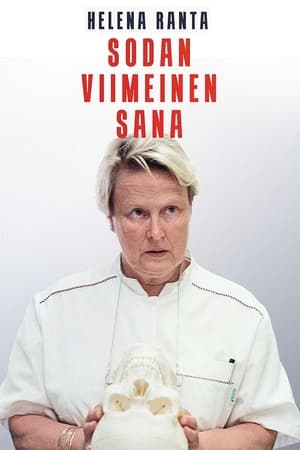 0.0
0.0Fragments of Humanity(fi)
In the Kosovo War, human dignity was shattered by the terrors of the Serbian government and the Albanian liberation army. Truths about the victims’ fates faded away, which is why a Finnish forensic research group led by Helena Ranta got a mission to act as an unbiased agent and investigate the real course of events.
The Calvary of Serbia(sh)
Still regarded as the best Serbian documentary film account of WW1 ever, it gathers all the available footage of Serbia's army, its battles on the home ground, its refuge on the island of Corfu, its victorious offensive on the Thessaloniki Front and the return to the homeland. The original documentary footage from 1915–1918 was somewhat supplemented in a small measure with some staged reenactments of Serbian army retreating over Albania, and later liberation of Belgrade. The first version of this documentary epic was shown in 1930 under the title "For the Honour of Homeland". Andrija Glisic and Zarija Djokic later made a new sound version of the previous silent movie and renamed it "Fire Over the Balkans".
The Agreement(da)
'History is always made in the middle of the night. And when it happens, you are so damned tired, that you couldn't care less,' says Robert Cooper, an EU peace negotiator whose job it is to get Serbia and Kosovo to reach an agreement about peaceful coexistence. National pride and compromise are on everyone's lips, and much is at stake: Kosovo wants to come closer to independence, the Serbs have been promised EU membership if they can reach an agreement, and the EU tries to strengthen its credibility. But how far is each party willing to go? It is the unique characters that make this fascinating film about a delicate political game so vivid and loveable. The stoic, Serbian negotiator has a great passion for rock music, his colleague from Kosovo does not want to miss out on his daily visit to the hairdresser, and Cooper himself has a closet full of ties - one for every conceivable occasion.
